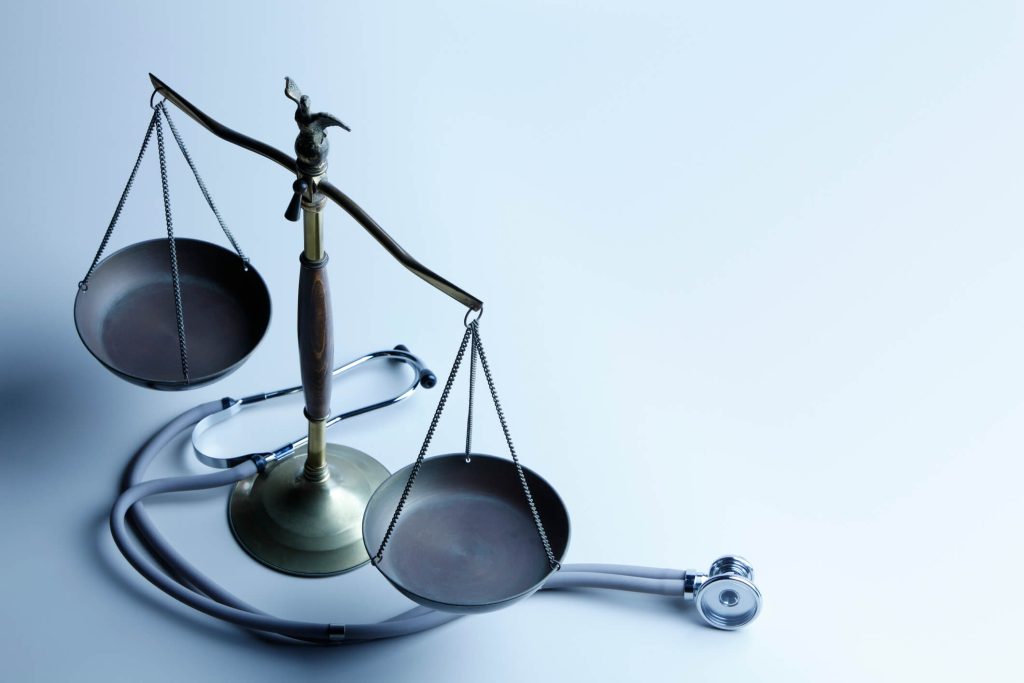Accidents can happen in the blink of an eye, but knowing the right steps to take immediately after can make a significant difference in your recovery and any claims you may need to file. Whether you’re involved in a car accident, slip-and-fall, or another type of incident, it’s essential to stay calm and follow a clear process to protect your health and legal rights.
Step 1: Ensure Safety and Seek Medical Attention
The first priority after any accident is to make sure that everyone involved is safe. If you’re in a car accident, move to a safe location if possible—away from traffic or potential hazards. Call emergency services if anyone is injured or if you feel unsafe. Even if you don’t feel immediately injured, it’s crucial to get checked by a healthcare professional as some injuries, like whiplash or internal damage, may not be apparent right away.
Step 2: Document the Scene
While waiting for medical professionals or authorities to arrive, take the time to document as much as possible. This can be invaluable later when dealing with claims or understanding what happened.
- Take Photos: Capture photos of the accident scene, including vehicles, property damage, injuries, and the surrounding environment.
- Collect Witness Information: If there were any witnesses, gather their names and contact details. Their testimony can help support your account of events.
- Write Down Details: Jot down everything you remember about the accident, including the time, location, weather conditions, and how the incident occurred.
Step 3: Report the Incident to Authorities
In many cases, such as car accidents or workplace injuries, filing an official report with local authorities is essential. An accident report can help document the facts and provide an official account of what happened. If law enforcement responds, be cooperative and honest, but avoid admitting fault at this stage—an investigation will determine that.
Step 4: Notify Your Insurance Company
Contact your insurance provider as soon as you can to report the incident. Provide them with the essential details, such as the date, time, location, and brief descriptions of how the accident occurred. Keep in mind that many insurance policies require timely reporting, and failing to notify them quickly could affect your coverage or claim eligibility.
Step 5: Keep Records of Your Injuries and Damages
If you’ve sustained injuries, keep detailed records of your medical treatments. Save all receipts, prescriptions, and records of doctor’s visits, as they may be needed to support any claims for medical expenses or lost wages. Similarly, track any damage to your property, such as your vehicle or personal items, for potential compensation.
Step 6: Avoid Discussing Fault or Accepting Offers Too Soon
It’s common for individuals involved in an accident to feel pressure to settle things quickly, especially when insurance companies get involved. However, avoid discussing fault with the other party, insurance adjusters, or even witnesses until you have had time to fully assess the situation. In some cases, insurance companies may offer a settlement soon after an accident, but it’s crucial to carefully evaluate any offer to ensure it’s fair and sufficient to cover all your damages and future needs.
Step 7: Consult Resources to Understand Your Options
After you’ve taken the immediate steps following the accident, it’s helpful to explore your options for resolving the situation. Whether you are dealing with medical bills, insurance claims, or other consequences, having access to resources can help you make informed decisions about the next steps. Understanding your rights and available options can help you navigate the claims process with more confidence.
Step 8: Keep a Close Eye on Recovery and Expenses
Your recovery doesn’t end with the immediate steps following an accident. Stay on top of medical appointments and ensure that you’re keeping track of all your expenses, including hospital bills, medication, and rehabilitation costs. Keeping these records organized will be crucial if you need to file for compensation down the line.
By following these steps immediately after an accident, you can protect your health, preserve vital evidence, and ensure that you are prepared to pursue any necessary claims for damages. Knowing how to respond can make the process less overwhelming and put you in the best position to recover fully from the incident.

